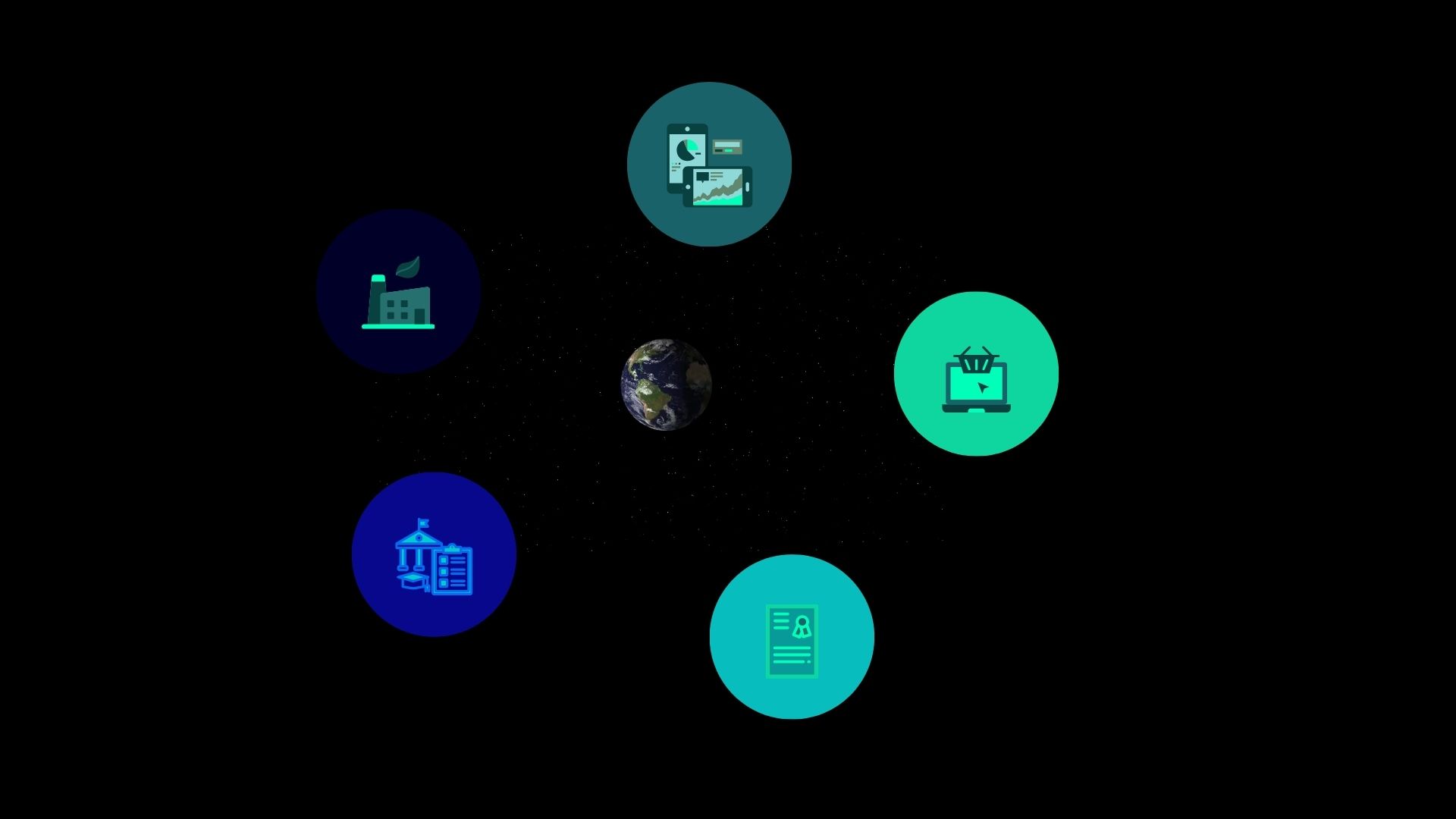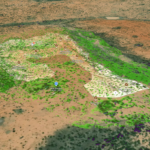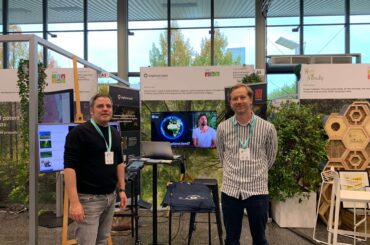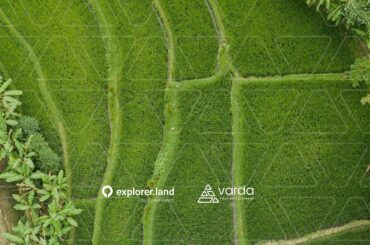New Initiative that Sets a Global Standard?
In an exciting development for environmental sustainability, a coalition of technical and environmental organizations including Siemens, the Secretariat of Sustainable Development (SEDESU) of Querétaro, Estainium, Grupo Ecológico Sierra Gorda (GESG), OpenForests, and Callirius have moved from strategic planning to active implementation of the Carbon Ecosystem Minimum Viable Product (MVP). This initiative, first conceptualized at COP28, is now gearing up for its inaugural deployment in Querétaro, Mexico.
The Need for Advanced Carbon Management
The urgency of tackling climate change has never been clearer or more pressing. Traditional carbon offsetting methods and emissions management are evolving to meet the complexities of global warming challenges head-on. The collaborative development of the Carbon Ecosystem MVP in Querétaro represents a significant leap towards a holistic and integrated approach to carbon management.
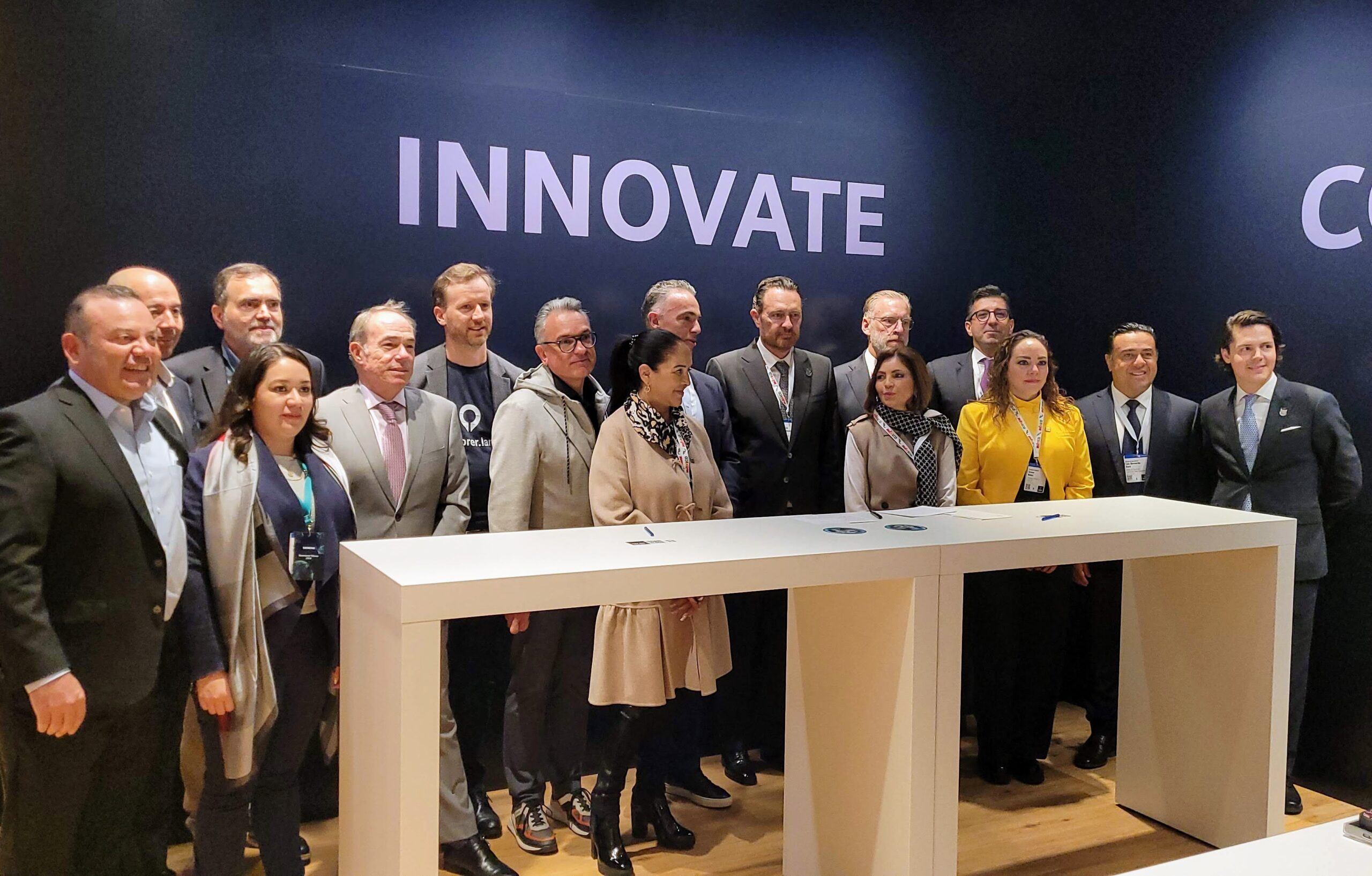
Mexican delegation at Messe Hannover and all members who signed the Implementation Plan for the Carbon Ecosystem MVP (Minimum Viable Product) Development including Mauricio Kuri | Governor of the State of Queretaro, Marco A. Del Prete | Environmental Minister of the State of Queretaro, Gunter Dr. Beitinger | SVP Manufacturing, Factory Digitalization & SiGREEN at Siemens, Alejandro Preinfalk | CEO of Siemens Mexico, Central America and the Caribbean, Ebrahim Attarzadeh | CEO of Callirius AG, Alexander Watson | CEO of OpenForests.

Signing the Implementation Plan: Alexander Watson, Gunter Dr. Beitinger, Ebrahim Attarzadeh

Panel discussion moderated by Alejandro Preinfalkwith Governor Mauricio Kuri, Environmental Minister Marco A. Del Prete, and Gunter Dr. Beitinger,
Core Objectives of the Carbon Ecosystem MVP
This project is structured around a comprehensive system that tracks and reports carbon emissions and integrates taxation and compensation mechanisms through Nature-Based Projects and other innovative strategies. Here’s what the MVP aims to establish:
- Seamless Carbon Accounting: Utilizing Siemens’ SiGreen Connect, the system will meticulously track and report emissions from major corporations in Querétaro, setting a benchmark for accuracy and reliability in carbon management.
- Automated Compensation Mechanisms: The ecosystem will enable companies to purchase local, biodiverse carbon offsets in partnership with Callirius’ marketplace and the GESG registry developed by OpenForests. This automated system promises to make the process of compensating for carbon footprints straightforward and transparent.
- Local and Global Benefits: By focusing on local biodiversity projects for offsetting carbon emissions, the initiative not only supports local environmental efforts but also provides a scalable model that can be adopted by other regions worldwide.
Strategic Contributions and Implementation
The deployment plan involves critical contributions from various stakeholders:
- Government of Querétaro: Integrating emission and compensation registries to promote a fully interconnected system.
- Siemens: Implementing the SiGreen Connect tool to ensure robust data integration with local emission registries.
- Callirius: Facilitating the purchase of carbon credits through an enhanced marketplace functionality.
- OpenForests: Overseeing the integration of compensation registries to ensure transparent reporting and long-term satellite-based monitoring.
- GESG: Providing verified biodiversity carbon offsets from local projects, enhancing environmental restoration efforts.
Timeline and Future Prospects
The rollout of the Carbon Ecosystem MVP is scheduled for completion by the end of August 2024, with an official presentation planned for the New York Climate Week in September 2024. This timeline highlights the commitment of all parties involved to implement a solution that will benefit Querétaro and serve as a model for global adoption.
About the Collaborators
- Siemens: A global leader in electrification, automation, and digitalization.
- SEDESU: The local governmental body managing Querétaro’s sustainable development initiatives.
- Estainium: An international advocate for sustainable supply chains.
- GESG: With over 35 years of experience, specializing in environmental carbon restoration in Querétaro.
- OpenForests: Developers of cutting-edge software solutions for environmental data management.
- Callirius: Innovators in corporate carbon compensation and climate mitigation, integrating funding solutions for nature-based projects.
Conclusion
The Carbon Ecosystem MVP represents a pioneering step towards the fusion of technology and environmental science, creating a scalable and sustainable model for carbon management. This initiative in Querétaro is an example of how local and national governments, with the private sector, can collaborate to achieve significant environmental milestones. This ecosystem aims to manage carbon emissions effectively and foster a greener economy through strategic partnerships and innovative technologies.

